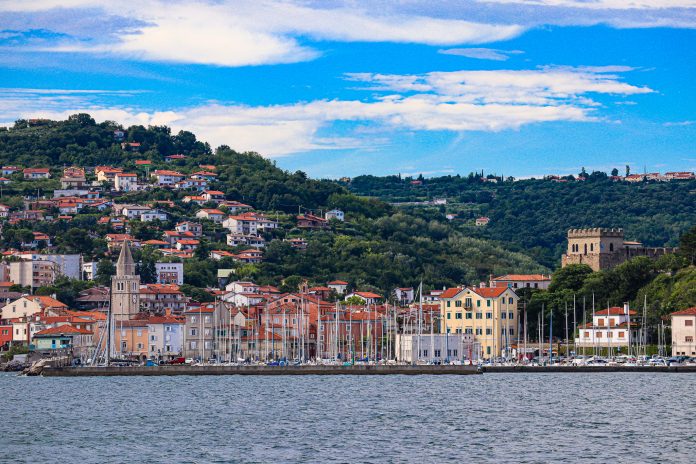by MB
Muggia, known for its picturesque landscapes and vibrant culture, is doubling down on its commitment to local development. With the introduction of the tourist tax last year, the city is now reaping the rewards, expecting to pocket a solid $80,000 in 2024.
Implemented by the current administration in 2023, the tourist tax has already generated a noteworthy sum of $60,743.00 from July 15 to October 15. These funds are earmarked for local investments following consultations slated in the coming weeks with stakeholders, notably Federalberghi. Moreover, this tax has provided Muggia with invaluable insights into its tourist demographics, shedding light on average lengths of stays, preferred accommodation types, and the operational status of lodging facilities.
Last year, the tax collection window was slightly narrower, running from July 15 to October 15, owing to procedural delays. The journey began in April 2023 with the approval of the initial council resolution. By February, the regulatory framework was drafted and shared with relevant economic stakeholders. This collaborative effort, spearheaded by the Municipal Tax Office, amalgamated diverse legislative inputs from neighboring municipalities to tailor regulations to Muggia’s context.
Data synthesis, facilitated by the StayTour software, has provided a comprehensive understanding of Muggia’s hospitality landscape. This analysis, complemented by the recently approved Municipal Programming Document, forecasts a higher revenue projection for 2024, with the tax applicable from March 15 to October 15.
In 2023, Muggia welcomed 13,539 guests, tallying 38,775 overnight stays. Notably, 14.16% of these stays were exempt from the tax, comprising minors (77.80%), disabled individuals and their companions (1.49%), and local residents (19.74%). The remaining exemptions were attributed to lodging staff, drivers, and crew members. Accommodation-wise, hotels dominated with 39.81% of stays, including a significant share (21.77%) in 4-star establishments. Additionally, the Marina Resort in Porto San Rocco accounted for 16.42% of stays, contributing significantly to tax revenues.
The San Bartolomeo campground in Lazzaretto emerged as a key contributor, hosting the highest number of stays and remitting €7,858.00 in tax revenue. Overall, the data reveals an average stay duration of 2.76 days, with 33,283 taxable stays and 12,061 tax-paying guests.
Mayor Paolo Polidori underscores the tax’s broader significance beyond administrative revenue, emphasizing its role in bolstering tourism infrastructure, enhancing service quality, and fostering a mindset shift among industry stakeholders. This strategic approach, he contends, will position Muggia as an attractive investment destination, catalyzing economic growth and fostering community prosperity.
Vice Mayor Nicola Delconte highlights the surge in lodging options, with the number of establishments swelling from 19 in 2018 to 63 in 2023, including a notable increase in vacation rentals.
Echoing this sentiment, Budget Councillor Andrea Mariucci lauds the tax’s positive impact on local tourism without burdening residents. He cites the impressive revenue overrun in 2023, with a 10% surplus, and anticipates similar success in 2024, projecting an $80,000 intake. The utilization of these funds, contingent on collection, promises targeted investments to further enhance Muggia’s appeal as a premier tourist destination.





























